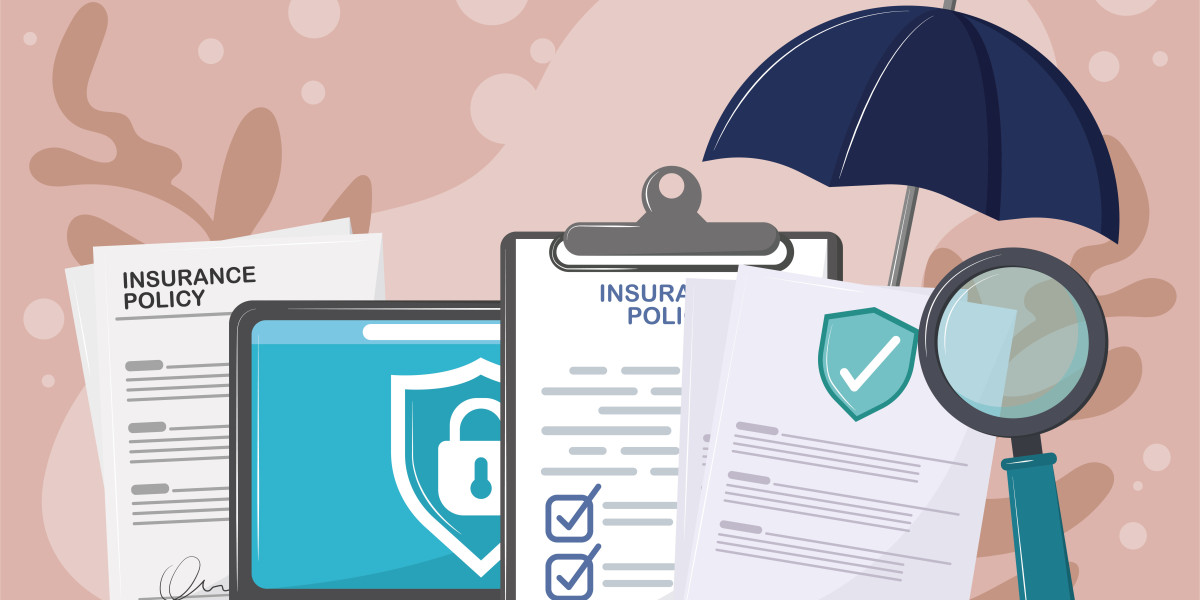While storage units offer a safe and secure place to keep your belongings, accidents and unforeseen events can still happen. This is where the importance of self-storage insurance comes in. Many renters overlook this essential protection, but understanding how it works can save you from significant financial and emotional losses.
Why Insurance Is Necessary for Self-Storage Units
Storage facilities typically do their best to provide secure spaces with features such as surveillance cameras, gated access, and on-site staff. However, these measures cannot eliminate every risk. Events like fires, floods, thefts, and natural disasters can occur without warning. In such cases, the facility’s insurance rarely covers renters’ personal items.
That means you, as the renter, are responsible for protecting your property. Without insurance, a single unexpected incident could lead to thousands of dollars in unrecoverable losses. Insurance provides peace of mind and financial protection, ensuring that if something goes wrong, you won’t have to bear the full burden of replacement costs.
What Does Self-Storage Insurance Cover?
Most policies are designed to cover common risks and unexpected situations. Depending on your provider, coverage may include:
Fire and Smoke Damage: Protects your belongings if they are damaged in a fire.
Theft or Vandalism: Compensates you if your items are stolen or intentionally damaged.
Water Damage: Some policies cover water damage from leaks or burst pipes (though flooding often requires separate coverage).
Natural Disasters: Depending on the region, policies may include storms, earthquakes, or other disasters.
Pest Damage: Certain plans cover damage caused by rodents or insects, which can be common in long-term storage.
However, every policy is different, so it’s crucial to read the fine print. For example, while some insurers cover floods, others exclude them. Likewise, high-value items such as jewelry or collectibles may have coverage limits.
How to Get Self-Storage Insurance
There are generally three main ways renters can obtain coverage:
Through the Storage Facility
Many storage companies offer insurance policies directly to customers. These are convenient to purchase when you sign your rental agreement, but they may not always provide the most comprehensive or cost-effective coverage.Via Your Homeowners or Renters Insurance
Some existing homeowners or renters insurance policies extend coverage to items kept in storage units. If this applies to you, it may be more affordable to rely on your existing plan rather than purchasing new coverage. However, the limits may be lower, and claims could affect your home policy premiums.Through Independent Insurance Providers
Specialized insurance companies also offer stand-alone policies for storage units. These often provide more flexibility, tailored coverage, and higher limits than facility-offered plans.
Choosing the Right Coverage
When evaluating options, keep these key considerations in mind:
Coverage Limits: Ensure the policy covers the full value of your stored items.
Exclusions: Look for any events or damages that are not covered.
Premium Costs: Compare premiums across different providers and balance affordability with comprehensive protection.
Claim Process: A straightforward claims process can make a huge difference if you need to file.
It’s also a good idea to create an inventory of your stored belongings, including photos and receipts where possible. This documentation will make it easier to prove ownership and value if you ever need to make a claim.
Common Misconceptions
Many people assume that storage facilities are liable for their belongings, but this is rarely the case. Facility contracts often make it clear that they are not responsible for damages to customers’ property. Another misconception is that insurance isn’t necessary for “non-valuable” items. However, the replacement cost of even basic furniture, appliances, or boxes of clothing can add up quickly. For renters who want flexibility, it’s also common to ask questions like, Can I Cancel Avid Self-Storage Insurance?—which shows how important it is to understand policy terms, cancellation options, and refund conditions before signing up.
Final Thoughts
Renting a storage unit can be a smart and practical way to manage space, but it’s important not to overlook the risks. Accidents, thefts, and natural disasters are unpredictable, and replacing your belongings could become a major financial strain. That’s why Self-Storage Insurance is an essential safeguard. It provides financial protection, peace of mind, and security for your valued possessions.
When choosing a policy, take time to review your options, evaluate your needs, and ensure your coverage matches the worth of your belongings. Ultimately, a small investment in insurance today could save you from significant losses tomorrow.



